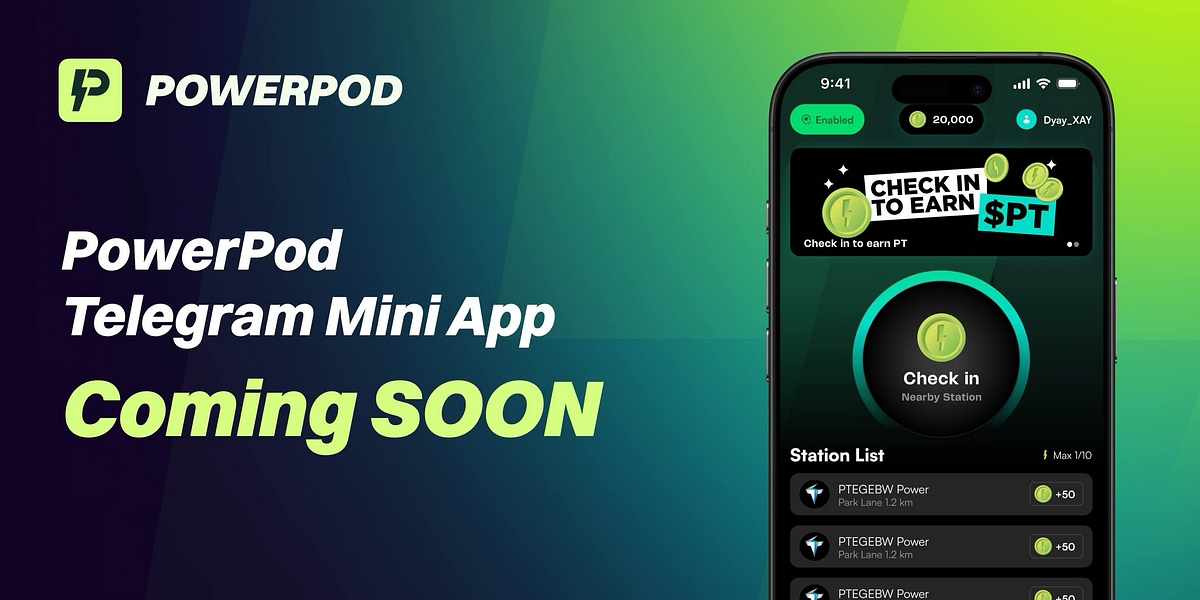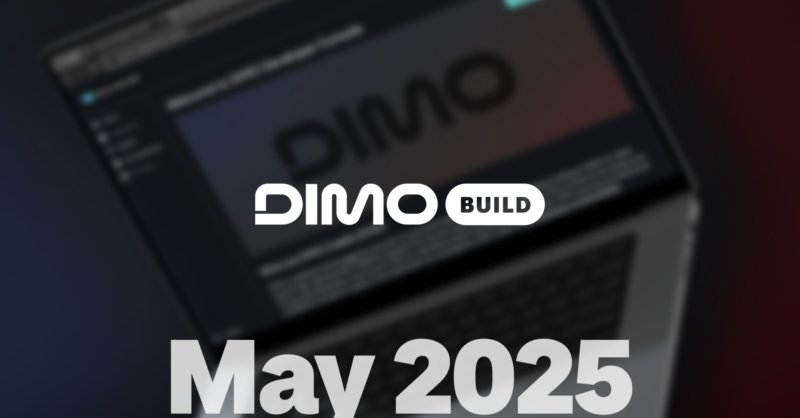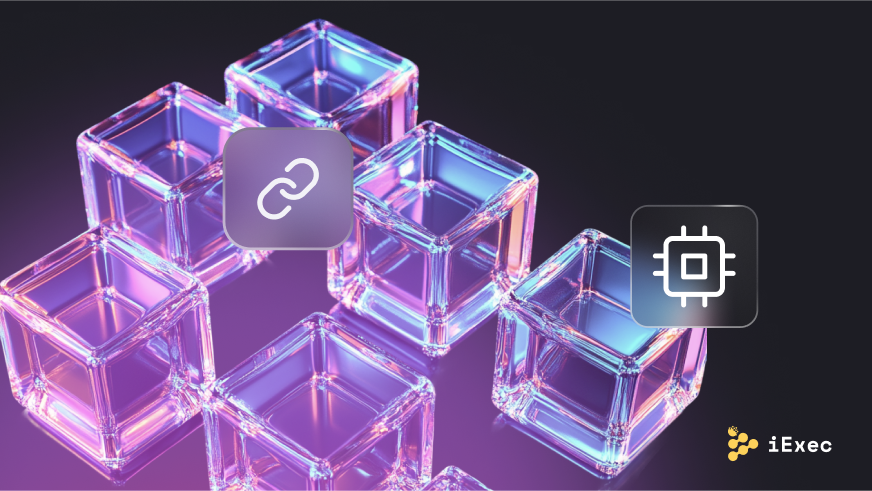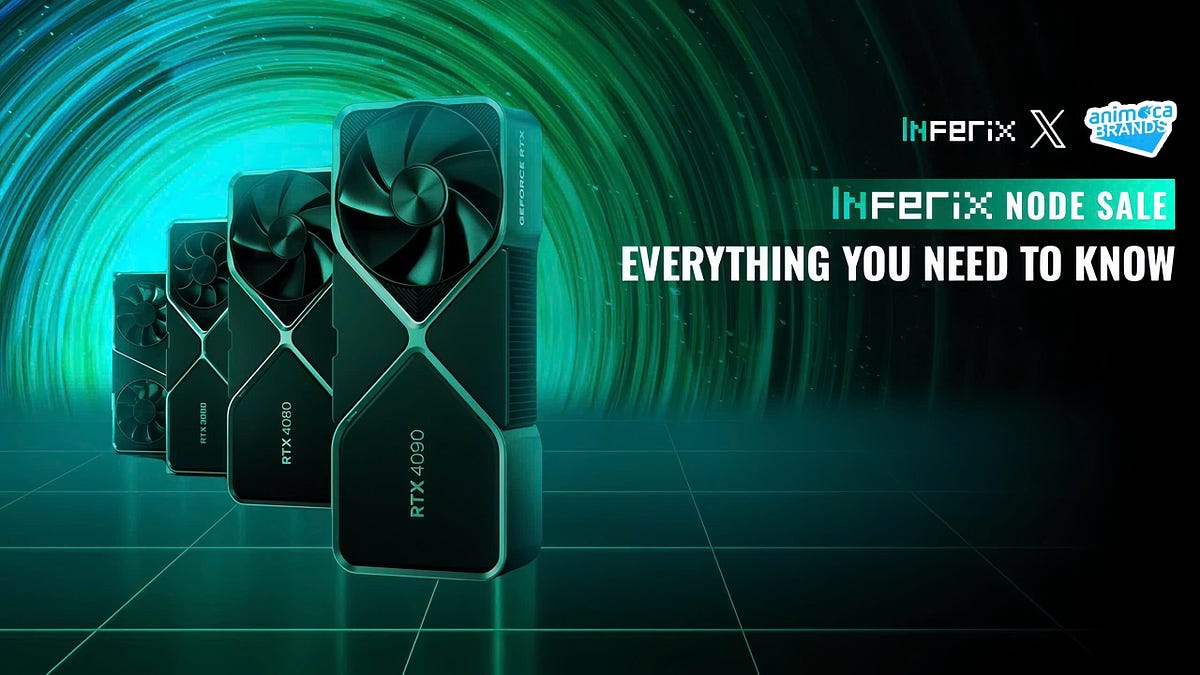Introducing PowerPod: The Future of EV Charging

As electric vehicles (EVs) gain traction in the automotive market, the necessity for a robust charging infrastructure has become increasingly apparent. Many EV drivers encounter significant challenges, such as locating functional chargers, navigating outdated information, and enduring long wait times. These obstacles not only frustrate drivers but also pose a threat to the widespread adoption of green transportation solutions. Addressing these issues is crucial, and our innovative approach aims to streamline the EV charging experience through a community-focused platform.
Introducing the PowerPod Telegram mini app, a transformative tool designed to revolutionize how EV drivers find and utilize charging stations. With this app, users can easily check in at nearby charging locations, receive real-time updates on charger availability, and identify operational stations. This eliminates the frustration of arriving at broken chargers or waiting in long lines. The app fosters a community-driven environment where users can share vital information regarding wait times, charger conditions, and personal experiences, creating a supportive network of EV drivers that enhances the overall charging experience.
As the popularity of EVs continues to surge, improving the charging experience is essential for motivating more individuals to transition to green transportation. PowerPod is committed to enhancing this experience by providing drivers with the necessary tools to locate reliable chargers and stay informed. By empowering users to make smarter decisions on their journeys, we are contributing to a sustainable future, one charge at a time. Stay tuned for the launch of our app and join the PowerPod community to earn rewards for checking in at stations along your travels.
Related News





